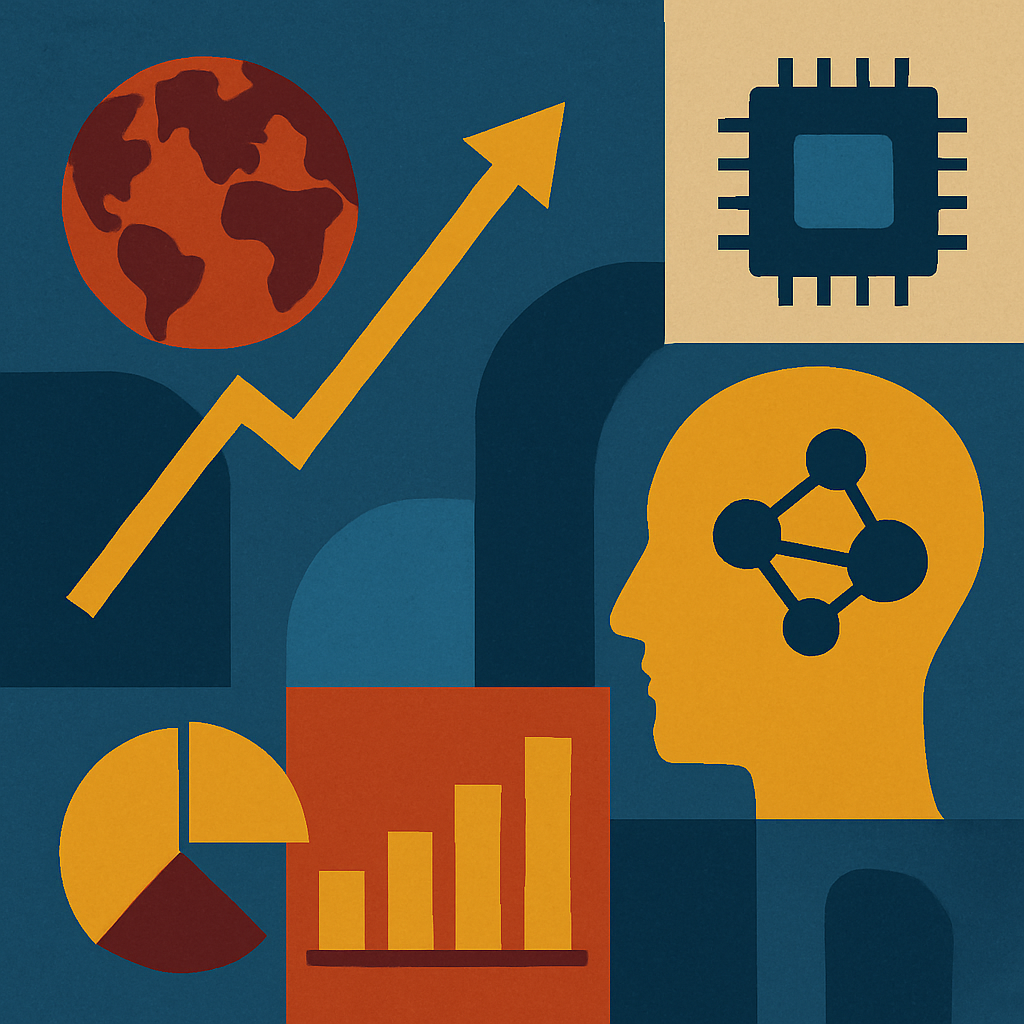Course Description
The course offers an introduction to the (geo-)political economy of digital capitalism. Political economy is a subfield of political science which studies economic processes ‘along the lines of distributional conflict and inequalities, contested processes of rule-making, and the power of interests and ideas (…). It implies that the functioning of an economy is always conditioned and shaped by politics’ (May et al., 2024, p. 2). The prefix ‘geo’ points to the growing entanglement between politics and geopolitics, which is particularly relevant in the domain of technology (policy). Digital capitalism can be understood as a ‘historical form of capitalism in which platformbased, data-driven, and AI-powered business models capture an increasing share of profits, directly or indirectly control an increasing share of economic life, and increasingly serve as role models for start-ups and established companies’ (Seidl, 2023, p. 10). In this course, we will explore how the conceptual and theoretical tools of the politico-economic literature on capitalism—and on the intersection of state and market, society and economy more broadly—can help us understand digitalization: the process whereby more and more of what we think, say, and do becomes mediated by digital technologies. Additionally, we will examine how traditional politico-economic conflicts—such as those between firms and workers or industry and society—intersect with conflicts between states and regions in an increasingly ‘geo-tech’ world. On the one hand, we will explore various approaches that seek to uncover and explain digital capitalism’s ‘laws of motion’. For example, often adopting a comparative perspective, we will analyze how digital capitalism intersects with politics and power—whether through symbiosis and support or through contestation and regulation. On the other hand, we will examine recent debates that seek to explain the growing entanglement of politico-economic and geopolitical dynamics, as well as the central role that digital technologies play in this process.
